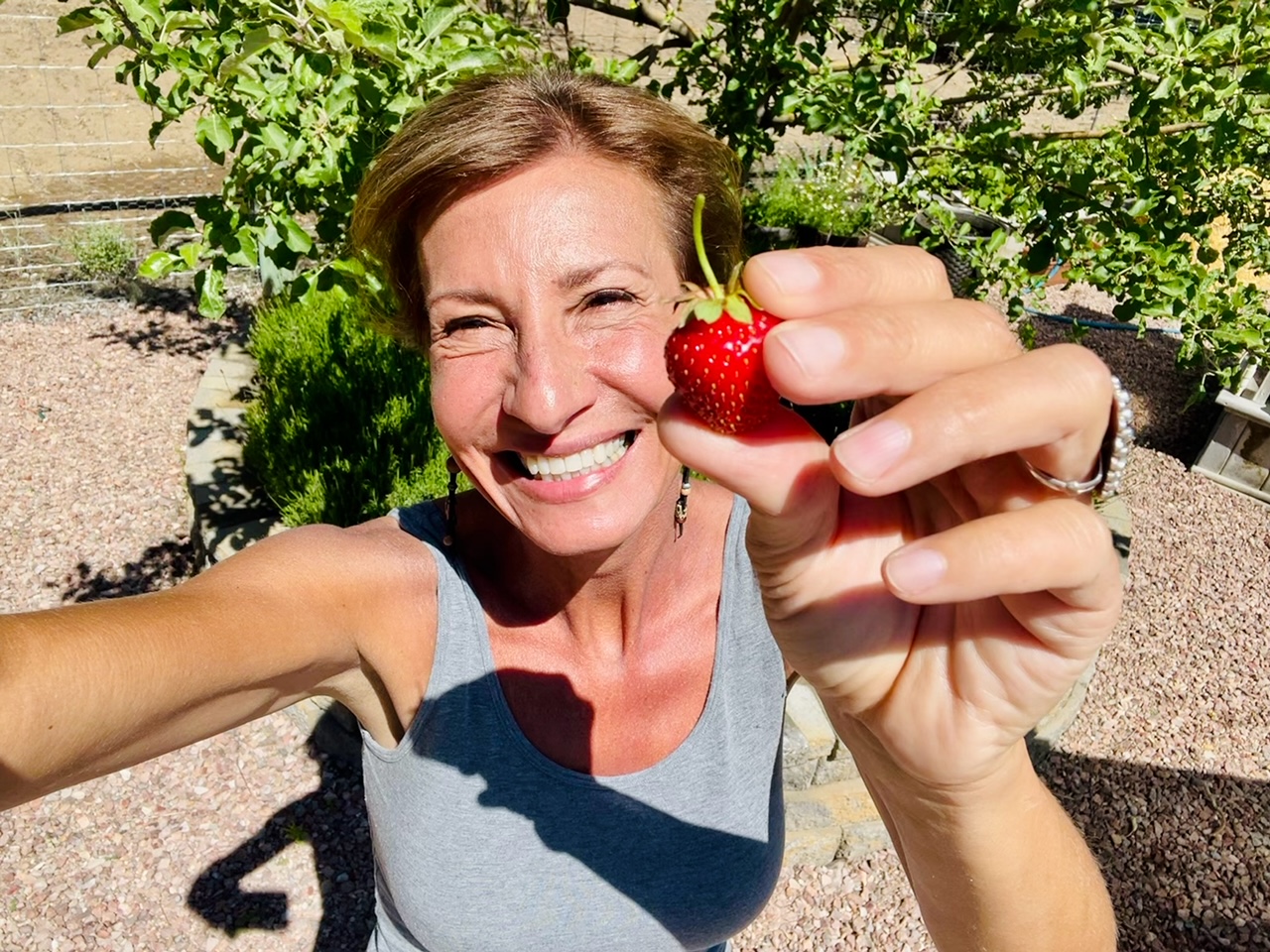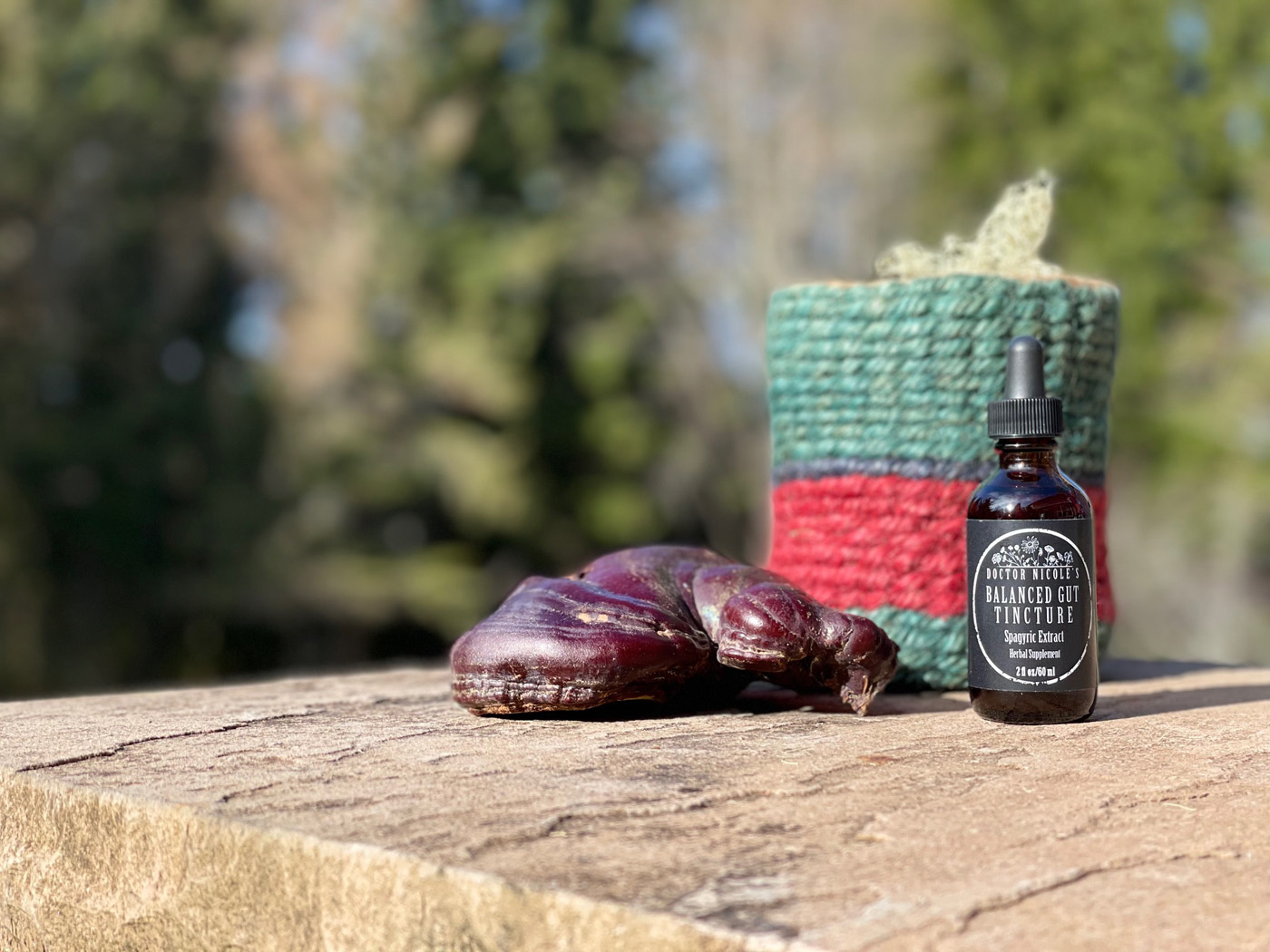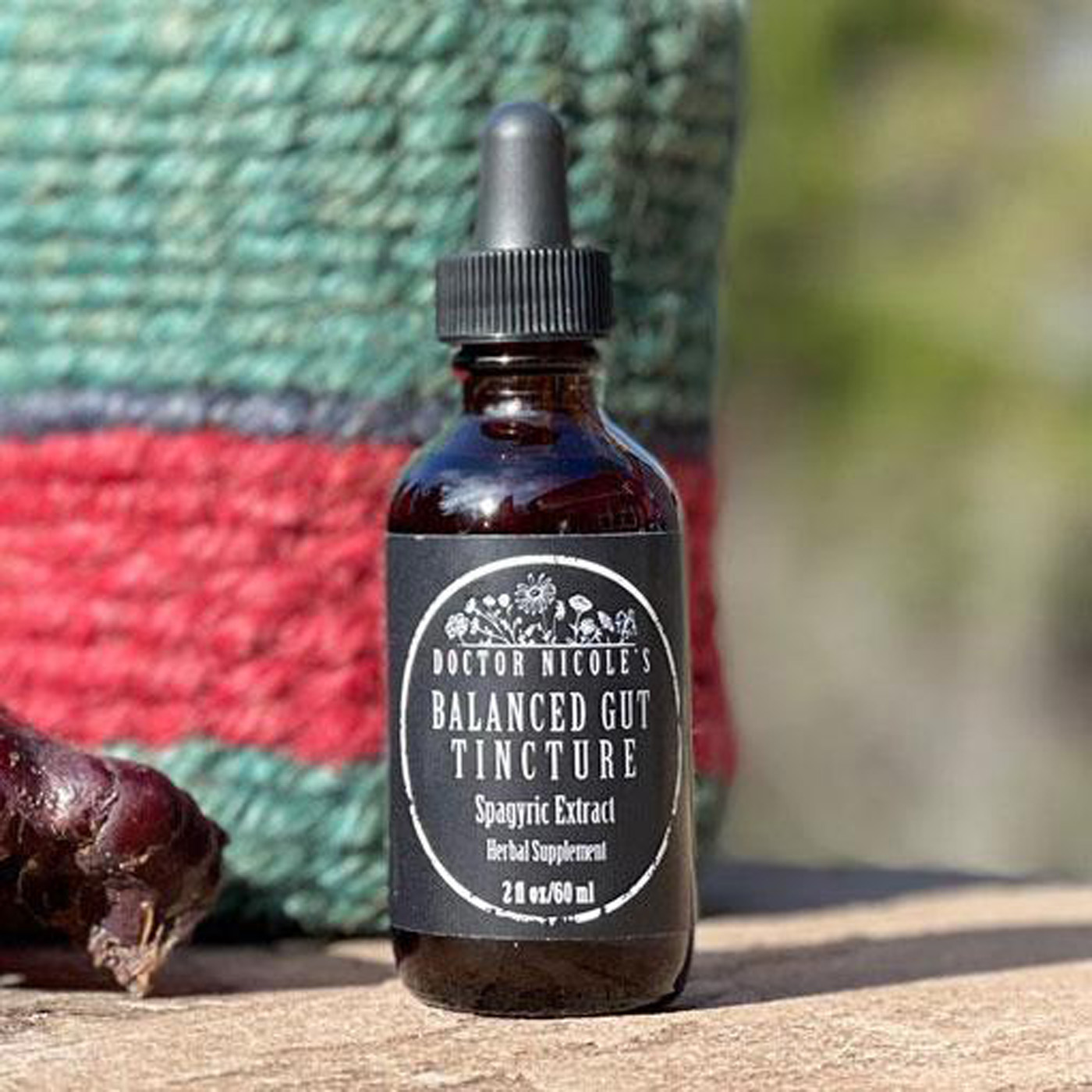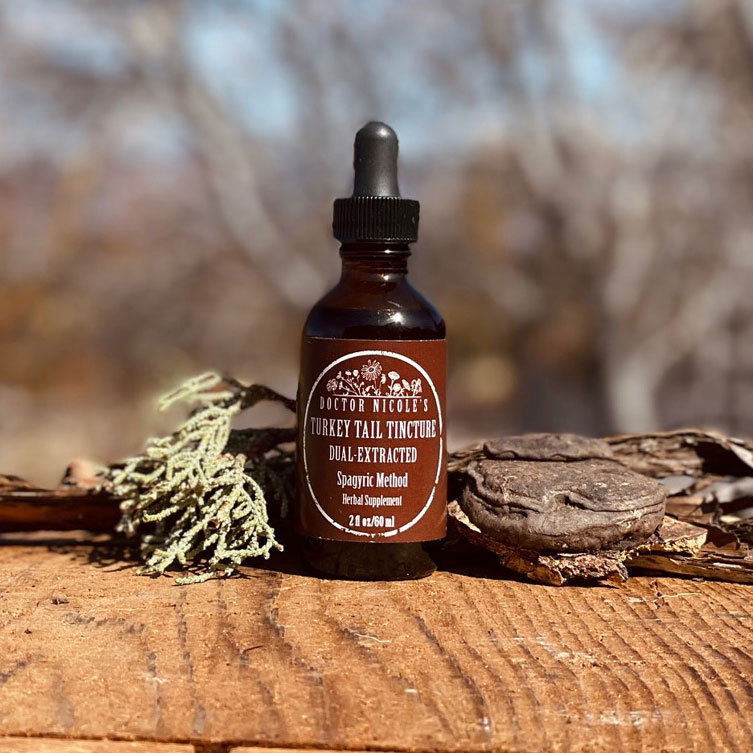Supporting Mental Clarity
While brain fog has always been an issue for many, we’ve seen a significant uptick of cases arise since the pandemic. The hallmark symptoms include issues with memory and concentration, difficulty thinking, confusion, headache, poor sleep, and a decrease in overall cognitive function.
Brain fog isn’t considered an official medical diagnosis. However, it is a real set of symptoms that can significantly impact your productivity and clarity, as well as encourage depression and fatigue. Simply put, it seriously impacts your quality of life — including relationships, work, and leisure time. If you’ve had enough of the perpetual mental haze, keep reading. We’ll cover the best foods and a specific herbal extract to boost brain health and lift the fog once and for all.
The Link Between Viral Infections and Poor Cognition
Any viral infection can trigger brain fog as it has the capacity to promote neuroinflammation. However, those who are experiencing long-haul syndrome as the result of a SARS infection are particularly prone to developing the condition. In fact, it is one of the main complaints, along with crushing fatigue. While researchers aren’t able to pinpoint exactly why this is the case, brain fog and chronic fatigue have both skyrocketed in recent years — and physicians are beginning to take note.

Food-Based Solutions
One such person is Dr. Uma Naidoo, director of nutritional and lifestyle psychiatry at Massachusetts General Hospital in Boston. Not only is she a prescribing psychiatrist, but also a nutritionist and trained chef. She believes in the power of food and herbs to help heal brain fog — and has written, “This is Your Brain on Food” to drive the point home.
Like myself, she believes cognitive health is directly correlated to the state of your microbiome. If you consume pro-inflammatory foods (think: fast food, dairy, vegetable oils, hydrogenated fats, processed foods), this will feed the “bad” microbes in your gut, which will trigger a cascade of inflammatory responses — including neuroinflammation.1
On the flip side, if you fill your plate with brightly colored fruits and vegetables, fatty fish such as sardines, wild-caught salmon, and mackerel, along with nuts and flaxseed, it will feed the helpful bacteria in your microbiome, reduce systemic inflammation, and promote feel-good neurotransmitters such as GABA and serotonin.2,3
Naidoo recommends consuming abundant luteolin — a flavonoid, antioxidant, and anti-inflammatory compound found in plants that is known to specifically fight brain fog. Fresh herbs such as rosemary, sage, thyme, peppermint, Mexican oregano, and parsley, along with fruits and vegetables such as hot and sweet peppers, radicchio, celery seeds, and artichokes are all excellent sources.
Vitamin C and folate are also important to combat the significant fatigue that often accompanies brain fog. Good sources of vitamin C include citrus fruits, kiwi, and red bell peppers. Folate can be found in salad greens, kale, dark leafy greens, and avocados — as noted below.
What’s more, exciting new research has found extra-virgin olive oil is exceptionally protective of cognitive health — including dementia and Alzheimer’s disease. Researchers believe the polyphenol and vitamin E levels in the oil contribute to these benefits.5 Have a look at this post for more information.
Avocados are another brain-healthy food, thanks to high levels of monounsaturated fats as well as magnesium and potassium. The fruit is also rich in vitamins A, D, E, and K, along with folate.4 Magnesium is especially important for brain health as it helps to improve blood flow, thereby encouraging the delivery of more brain-boosting nutrients and oxygen, while promoting the removal of toxic waste.
Don’t forget about probiotics to encourage gut and brain health. Fermented foods that haven’t been pasteurized are a rich source of these friendly bacteria. Focus on sauerkraut, kimchi, natto, kombucha, miso, tempeh, fermented pickles, and brine or water-cured olives.
Prebiotics are important, too. These help to feed the “good” bacteria in the gut. Outstanding prebiotic foods include bananas, oats, flaxseed, chia seed, dandelion greens, raw garlic, chicory root, raw jicama, apples, onions, seaweed, and Jerusalem artichoke.
Additionally, turkey tail mushroom is one of my all-time favorite prebiotic herbs. Here’s why.
Convenient and Effective: My Balanced Gut Blend
Turkey tail mushroom is just one of the medicinal herbs that is included in our potent Balanced Gut Blend. While it is an outstanding source of prebiotics, the benefits don’t just stop there. Dual-extracted turkey tail medicinal mushroom also helps to address:
- Internal and external inflammation
- Leaky gut and candida overgrowth
- Symptoms of chronic fatigue syndrome
- Damaging LDL cholesterol and elevated blood pressure
- High blood sugar levels
- Cancer risk
- Bacterial and viral infections, including: HIV, herpes, shingles, HPV, colds, and influenza
- Dysregulated immune function with autoimmune conditions
In addition to turkey tail mushroom, our Balanced Gut Blend also contains potent extracts of reishi and lion’s mane medicinal mushrooms, along with plantain, slippery elm, and marshmallow. These medicinal herbs help to soothe and repair the intestinal tract, reduce inflammation, and restore healthy gut function.
MORE ENERGY AND FOCUS
“I bought this for my mom who suffered from debilitating bouts of diverticulitis. She tried a dose before bed and without realizing it, she woke up with NO pain!! She felt like she had more energy and focus to get through the day. I didn’t see her for a month and WOW!! My mom looks so much better. She doesn’t look run down and dull anymore. She got her glow back and doesn’t crave junk food anymore.” -Melisa
If you are ready to say goodbye to digestive complaints and brain fog, this powerful formulation is for you! Now’s the time to take the first step toward mental clarity and overall gut health. Visit my apothecary today to learn more!
Nicole Apelian
Nicole’s Apothecary Products in this Post
References
- “How to fight brain fog with food: Tips from a psychiatrist”, Today.com, June 7, 2021, https://www.today.com/health/how-fight-brain-fog-food-tips-psychiatrist-t221053
- Liu, J., Cui, Y., Li, L. et al. The mediating role of sleep in the fish consumption – cognitive functioning relationship: a cohort study. Sci Rep 7, 17961 (2017). https://doi.org/10.1038/s41598-017-17520-w
- Macready, A. L., Kennedy, O. B., Ellis, J. A., Williams, C. M., Spencer, J. P., & Butler, L. T. (2009). Flavonoids and cognitive function: a review of human randomized controlled trial studies and recommendations for future studies. Genes & nutrition, 4(4), 227–242. https://doi.org/10.1007/s12263-009-0135-4
- Avocados, raw. USDA FoodData Central. https://fdc.nal.usda.gov/fdc-app.html#/food-details/171705/nutrients
- Lauretti, E., Iuliano, L., & Praticò, D. (2017). Extra-virgin olive oil ameliorates cognition and neuropathology of the 3xTg mice: role of autophagy. Annals of clinical and translational neurology, 4(8), 564–574. https://doi.org/10.1002/acn3.431







